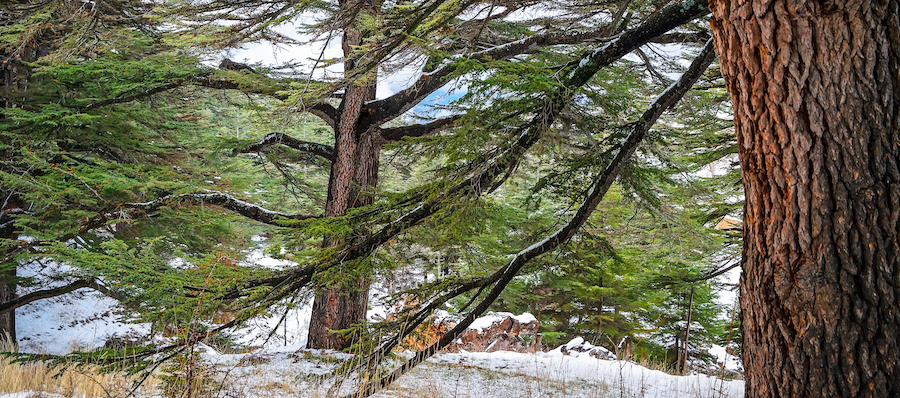Normally natural resource abundance is negatively correlated with economic growth, but this relationship has always represented a conceptual puzzle.
A country that is endowed with natural resources increases wealth and purchasing power over imports. In the case where a country has natural resources, it will use them to create investments; these investments will increase employment rate which will lead to additional income circulating in the economy, therefore more consumption resulting in economic growth. Venezuela is a good example in this case. The oil rich country has used the revenues to finance diversified investments and call this act “sowing the seeds of oil revenues”.
In some cases, natural resources may have high transportation cost such as coal and iron. The physical availability of these resources in a specific country will give the country a competitive advantage, where the economy will benefit from the availability of this resource at lower cost. However this advantage has decreased today with the cheaper transportation costs and these economies can always benefit from this availability. GCC countries are well known for being rich in oil and gas resources: these economies were doing well before the latest financial crises. Their revenues are highly related to the fluctuations in the prices of oil and gas so when the price of oil increases, the revenues of these countries skyrocket and when the price of oil decreases, the revenues plummet. As a result the economic performance was volatile and highly dependent on the international demand for oil and gas. Therefore, diversifying the industries in these countries represents a good solution to stabilize the economy. Lebanon is famous for being a country of tourism. It has a varied landscape that is singular in the immediate region. It has a unique climate, fertile soil, water, forests, and gas and oil that were recently discovered but yet employed. However, it is not richly endowed with precious stones, iron, steel, and other marketable naturally occurring resources. With the recent discovery of Lebanon’s offshore oil and gas reserves everybody is enthusiastic. However this is a double-edged sword as many other countries have demonstrated. Countries with rich oil and gas reserves have experienced low economic growth, higher levels of corruption, and in some cases civil war, notable examples exist in Africa and other areas of the world. This is due to the fact that the country will specialize in the production of oil or gas alone and will be under the mercy of the changes in prices of this production, not to mention the high level of corruption due to the large revenues from these resources. In the Lebanese case, where corruption is already high, and the country’s economy highly depends on tourism, oil and gas production can lead to more dramatic results. Such investments will not recruit Lebanese labor since there are very few Lebanese engineers specialized in the production of gas and oil. The income that will be generated will be channeled outside Lebanon when international labor is recruited.
Many initiatives are being undertaken to limit corruption in Lebanon, such as implementing international standards or ratifying international treaties. It is true that the road is very long, but we will get there someday. Sadly, natural resources such as water, forests, wind and the sun are not being put to good use in Lebanon. Many acres of forests are burning each year; water, sun and wind could be used to generate muchneeded energy that is currently offered at expensive prices to the consumer. A revamp of old laws is needed to make such production by the private sector legal ones. Privately providing electricity in Lebanon is currently illegal, and changing this law can represent a very important opportunity for economic growth.
Since the production of gas and oil is expensive and still in its earliest stages, Lebanon can adopt another approach towards its natural resources. Preserving the natural resources is a priority in the current time, recycling, benefiting from the wind and sun to produce energy are some alternatives that should be prioritized. Every natural resource that is lost cannot be regenerated easily or may never be regenerate at all- they are not renewable resources, some of these stocks are finite. Today, new ecological solutions are available via private companies: ecological houses running fully on wind and solar power and recycling systems are now available in Lebanon. NGO initiatives to increase awareness on the preservation of the environment are also playing an important role in this regard. The government has also helped providing credit facilities for solar energy products. Let’s hope for the best.


